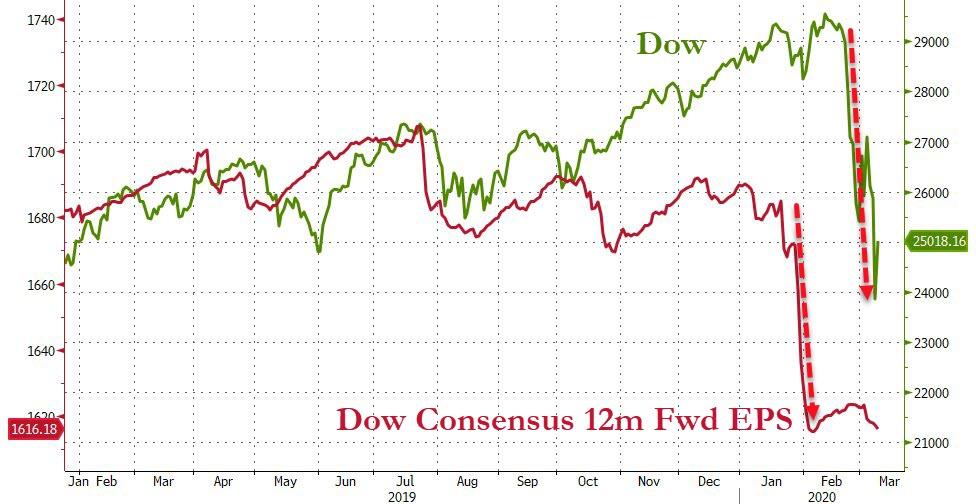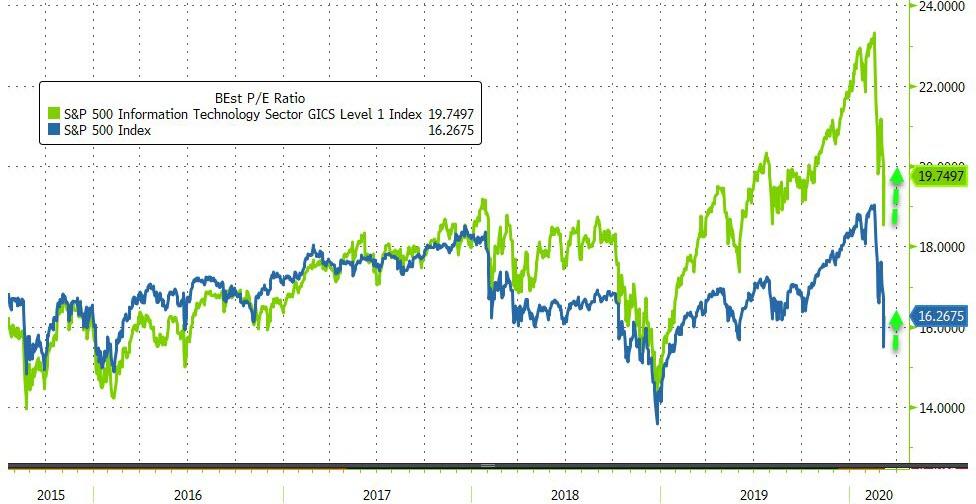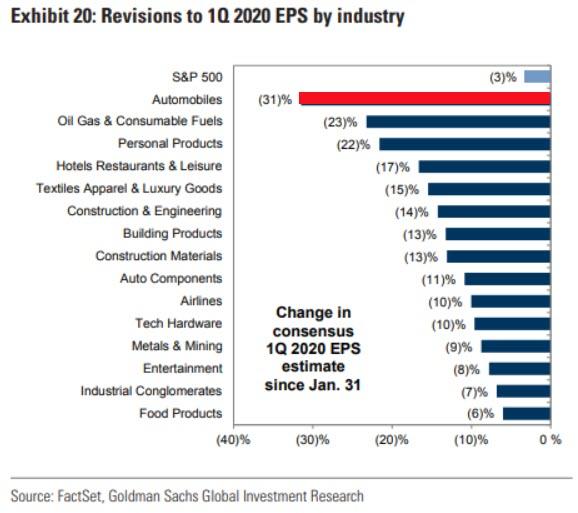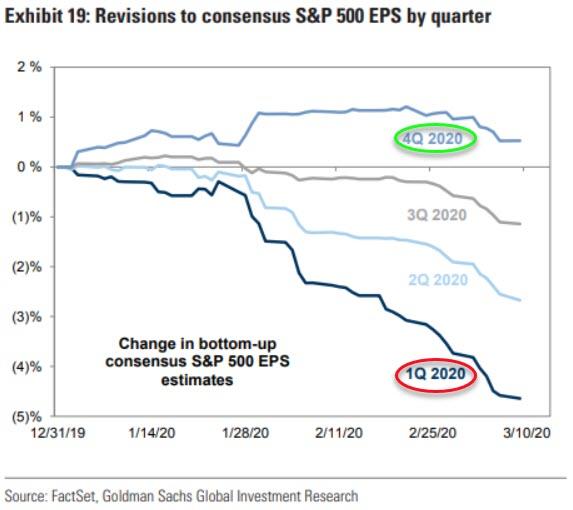The White House and congressional Democrats are reportedly set to pass a short-term relief package to protect some politically favored industries from incurring financial losses due to the outbreak of coronavirus.
Just don’t call it a bailout, says Treasury Secretary Steve Mnuchin.
“This is not a bailout,” Mnuchin said, according to The Washington Post‘s Jeff Stein. “This is considering providing certain things for certain industries. Airlines, hotels, cruise lines.”
So you might say it’s a bailout.
The specifics of the package have not yet been released, but Mnuchin says the two sides have been talking about a smaller aid package aimed at “businesses and workers” that may be particularly hard-hit by the expected economic downturn triggered by the disease. He compared it to the type of disaster relief bill Congress might typically pass in the wake of a natural disaster like a hurricane.
There’s no price tag on the deal, which is still being negotiated, but The Wall Street Journal reports that lawmakers expect it to be “in the billions.”
And that’s just the start.
“This package isn’t going to include everything,” Mnuchin said Wednesday. “This is round one. We’ll be back for more.”
As foolish as a bailout for the leisure industry might be, it also might be the least bad option currently on the table. Politico reports that House Speaker Nancy Pelosi has squashed Trump’s initial coronavirus stimulus proposal: a payroll tax holiday that would extend through November.
Fiscally, a payroll tax cut would be utterly irresponsible. The payroll tax funds Social Security, Medicare, and Medicaid—all of which Trump has sworn to protect from cuts. That means his proposed payroll tax cut would only add to the shortfalls already facing those entitlement programs. According to the Tax Foundation, a nonpartisan tax policy center, Trump’s proposed payroll tax holiday would reduce revenues by $900 billion between April and November.
And it would probably fail as a way to stimulate an economy hobbled by a pandemic anyway. Because the economic shock from the coronavirus is likely to be a supply-side disruption, stimulating demand—and that’s what a tax cut would try to do—would be of limited use.
“Big tax cuts—such as the proposed employee payroll tax cut—seem an expensive blunt instrument for alleviating distress,” writes Ryan Bourne, an economist with the Cato Institute, a libertarian think tank. “If social distancing is necessary, we don’t want employees out spending more money because they have more in their pockets.”
The timing is also pretty convenient if you were, say, a president running for re-election who has been pushing for a payroll tax cut since well before the coronavirus outbreak began. Tax cuts are great, of course, but they have to be accompanied by spending cuts (which this wouldn’t be) and tax policy should not be dictated by how it will affect the president’s poll numbers.
There is one worthwhile tax policy idea under consideration, however. Mnuchin said Wednesday that the administration is considering a plan to postpone the April 15 income tax deadline. Not requiring Americans to pay their taxes on time would keep an estimated $200 billion in the economy—rather than having it vacuumed up by the government—and the fact that those tax bills would still be due at a later date means this approach wouldn’t add to the deficit.
Another good idea would be for the Trump administration to lift the tariffs it has imposed on steel, aluminum, and imports from China. Politico reported Wednesday that business and industry groups are lobbying Congress and the White House to include tariff relief in any coronavirus stimulus package. Some House Democrats have already climbed aboard the effort, according to a report from Inside Trade.
On one hand, yes, this is just another example of a politician or interest group using the coronavirus as an excuse to pass policies they already wanted. On the other, lifting the tariffs would be a big economic boost that comes without any of the downsides of cutting the payroll tax.
The only problem? The Office of the U.S. Trade Representative, Politico reports, “was not receptive” to the tariff-cutting plan. Of course.
But none of this should be a surprise. The Trump administration says China is paying for the tariffs, despite all available evidence to the contrary. They said the 2017 tax cuts would pay for themselves without spending cuts, but that didn’t happen.
Now Mnuchin says a bailout isn’t a bailout. Don’t buy that either.
from Latest – Reason.com https://ift.tt/2Q8Nmj5
via IFTTT





